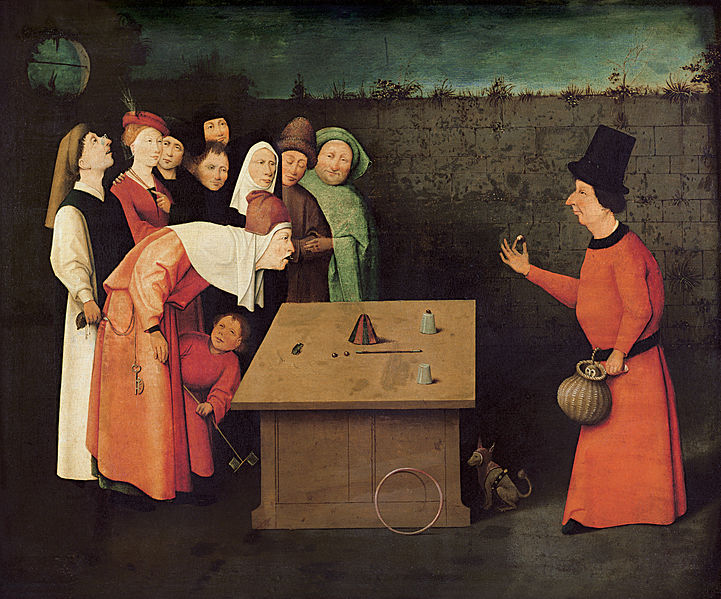This is part of our Review of The Open Boat & Other Stories.
Short Summary
A boy works the merry go round; a girl sells tickets nearby. An eyes-only but tumultuous love affair fills the summer. The girl’s father owns the carnival and tries to break it up by threatening them both. They look away from one another. But then the boy, through the help of her friend, manages to talk to the girl alone. A few awkward “ah, geez!” exchanges. And it’s on! They elope. The girl’s father gets his gun and chases their hired carriage from another hired carriage. The kids’ carriage loses the father’s, and he’s left to reflect upon the wondrous possibilities and wide open future of youth, and how different it is in from the closed-in nature of his declining time of life. [Had he just been jealous of the two of them? Had his concern been not so much losing his daughter as her getting to have what was now denied him?]
Notes
Characters: boy, working at the merry go round; girl selling tickets; owner of amusement park / father of the girl; friend of the girl
Amusement park owner is short with big whiskers and a bald head.
Lad and lass bursting with youth, eye each other all day every day and carry out a silent, contactless, but tumultuous (hopes soaring and crashing all summer long) love affair.
They get wound up deeper and deeper into one another until the narrator declares (somehow he just knows!) that they can no longer imagine life without one another.
Park owner / father of girl tries to squelch the relationship. He tells the boy to stop eyeing his daughter and his daughter to stop eyeing the boy.
But then the boy hears that the girl is going to go walk around one night, and so he does too. And the homely friend of the girl selflessly asks the boy to accompany them and then insists that she needs to be alone to contemplate the night.
And then a few awkward sentences, and the love is cemented.
The denouement is the father’s hack losing to the eloping couple’s hack, and the father reflecting on being young and having all possibilities ahead of you. The tension of the scene is heightened by the father having taken a revolver with him.
Commentary
Why does Crane say the homely girl was destined to be part of a tragedy? Didn’t her intervention help the love bloom? And didn’t they escape together, overflowing with youth and the future?
What kind of a silly fluffy love do these two have? Ardent young bodies. Almost no exchange of ideas. And here at sixteen they are married. And from there it evolves. What right does Crane have to declare this relationship into existence? He describes their actions some, and he gives a general description of their emotions, but the story seems almost more like a case than a story, like an essay claiming but not proving — supposing, I guess, that it is self-evident, and thus needs no proof — that sometimes young people mutually build up dramatic love stories with silent gazes, and that out of this real romances can sometimes blossom, even to the point of elopements, daring escapes, and the left-behind realizing that youth can be a wonderful happiness: the happiness of possibilities, health, a future; and that old people are denied that bliss. The essay doesn’t discuss what sort of happiness still remains for old people, and whether or not they’ve anything that the youth might envy. Usually, you’d say the youth might envy the wisdom of old age, but this sketch did not represent old age as being very wise.
Everything Stephen Crane wrote was written by a man under the age of thirty.
Author: Committee of Concerned Would-Be Authors
Editorial Oversight: AW & BW
Copyright: AMW
This is part of our Review of The Open Boat & Other Stories.
